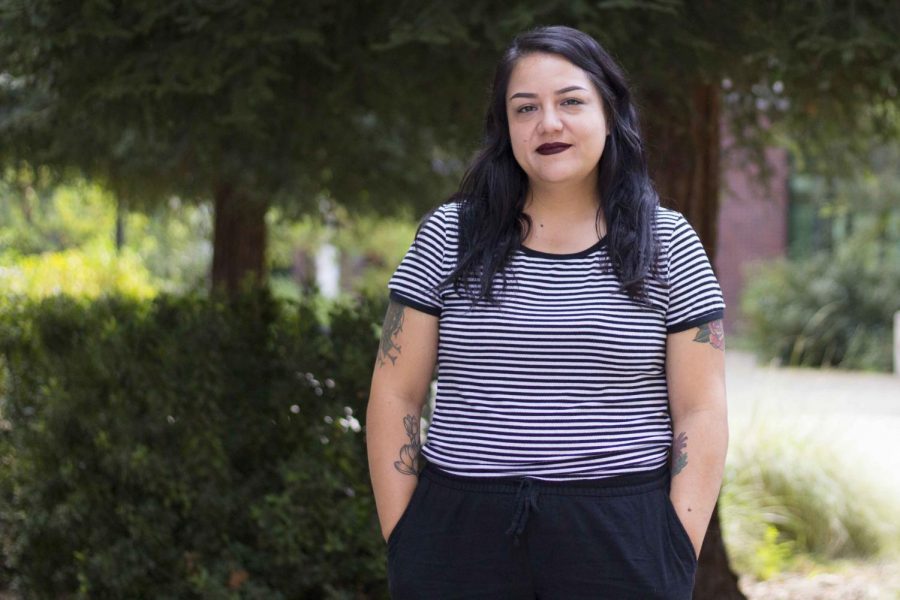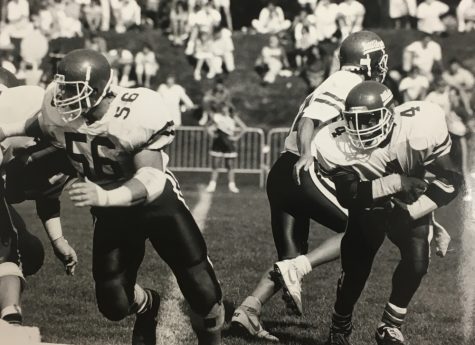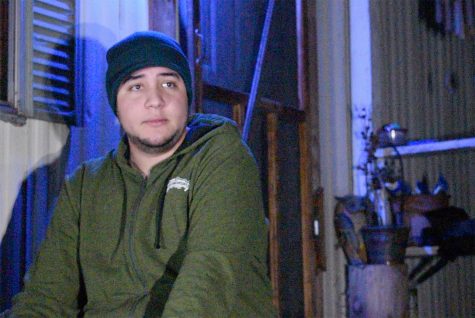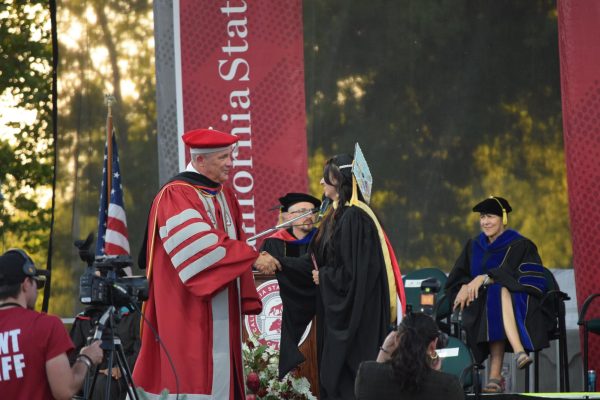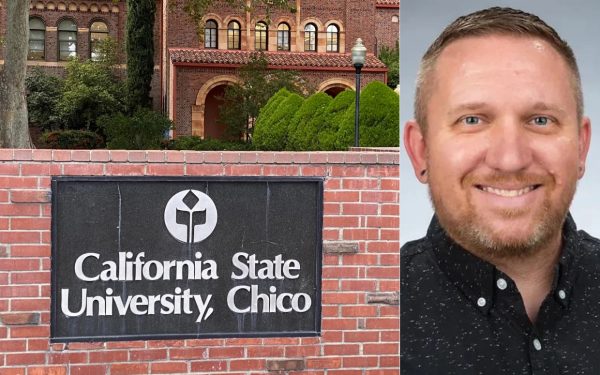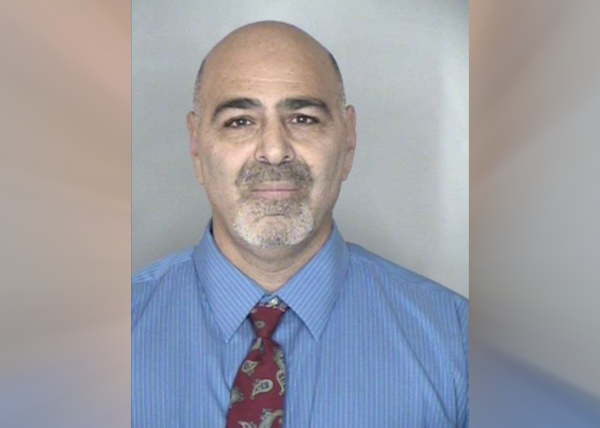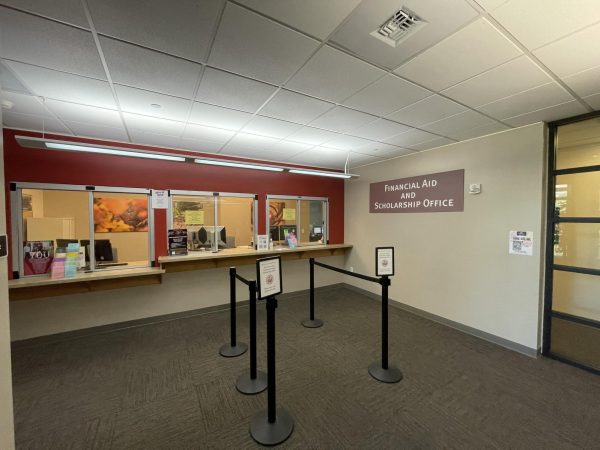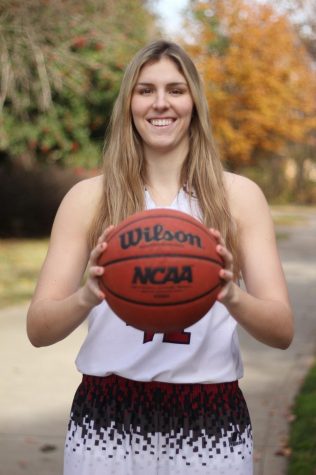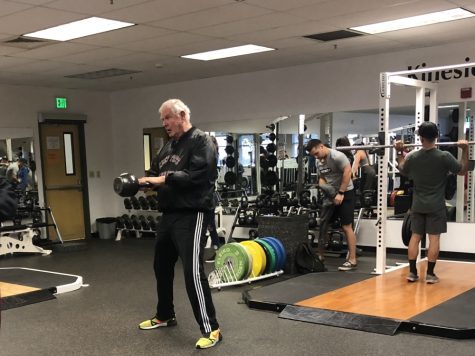New mental health training for Chico State faculty aids student wellness
Program Coordinator for UMatter Jessica Magallanes wants to help students who are sad or stressed by telling them it’s normal to feel these pressures during college.
Within the past few years the demand for mental health services has surged, calling for college campuses around the country to develop new ideas to help students.
Chico State’s new mental health training aspires to do so as well.
I CAN HELP Mental Health Ally Training is a new program for faculty and staff designed to give insight on student needs, and to provide the skills necessary to boost student success.
This four-hour program, taught by Devjani “Juni” Banerjee-Stevens, the associate director at the Counseling and Wellness Center, aims to create a culture in which students receive care from all campus personnel. Moreover, the training outlines the importance of staff learning skills such as centering oneself, active listening and motivational interviewing.
The program also teaches ways to identify warning signs in students with mental health illnesses, as well as how to safely and respectfully ask students if they are having suicidal thoughts.
Participants partake in mock situations where they learn to interact with a variety of different student issues. Examples include learning how to set a healthy boundary with a student, how to introduce mindful breathing and how to compassionately reflect.
According to Banerjee-Stevens, it’s extremely important faculty understand how to deal with stress in their own lives before attempting to help students with their issues.

Although Banerjee-Stevens hopes the program will improve the culture surrounding mental health, she doesn’t view participants as the final solution. She compares the faculty and staff to a first-aid kit that can help with smaller issues, while the Counseling and Wellness Center is more like a doctor, suited to help with long-term trauma.
The Counseling and Wellness Center also intends to promote positive mental health practices.
UMatter, which began in 2013, aims to eliminate the stigma around mental health, promote resources on campus and increase healthy student interaction.
Jessica Magallanes, the program coordinator for UMatter, believes it’s vital for students to realize that stress during their college years is normal.
“It’s life itself. Everything that happens in between classes and after classes can be overwhelming,” Magallanes said. “It’s difficult to remember to take a step back, take a breath and ask ourselves how am I doing?”
______________________________________________________________________________________________________________________________________
Magallanes outlined five tips students can use to improve mental health.
1) Learn to pause: Taking a moment to breathe allows for reflection and better decision making.
2) Sleep: Sleeping has a huge effect on mood, health and the ability to concentrate. Good sleeping habits help students begin their day with a healthier outlook and more energy.
3) Get outside: A change of environment gives students time to relax as well as a chance to refocus on the task at hand.
4) Connect with others: Talking to others helps alleviate feelings of loneliness. Students who feel they have no one to turn to are recommended to go see a counselor at the Counseling and Wellness Center.
5) Self-compassion: Self-compassion helps students realize they still deserve acceptance and love, even if they are struggling.
______________________________________________________________________________________________________________________________________
For more information on campus resources visit Chico State’s Counseling and Wellness Center’s webpage or stop by Student Services Center 430.
The center is open Monday, Tuesday, Thursday and Friday from 8 a.m. to 5 p.m. and Wednesdays 10 a.m. to 5 p.m. Students can also stop by for crisis services Monday through Friday 9 a.m. to 4 p.m. or they can call the 24-hour service line at (530)-898-6345.
Brian Luong can be reached at [email protected] or @brianluongorion on Twitter.








